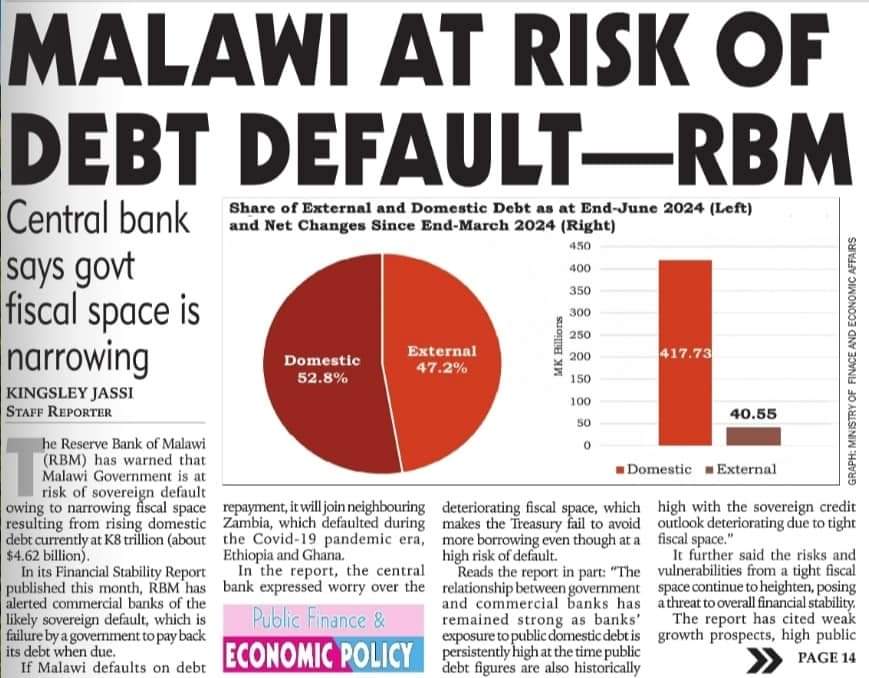By Al Bashir Bin AbdulAziz

Donor countries and international development agencies has consistently helped in solving the challenges that many African states are facing. While there is a wide range of challenges facing many African states, such as deficiencies in governance, dictatorships, corruption, conflicts, and insecurity of multi-ethnic societies, the political realities of individual African nations, each has its own unique characteristics.
Malawi’s political transition after thirty years of one party rule under President Hastings Kamuzu Banda has not been without its hurdles.Corruption remains endemic, police brutality is common, and Malawians are in severe economic distress.
The inception of Tonse administration in government brought greater expectations from many Malawians. Lazarus Chakwera’s victory in the June 2020 presidential election was a vote for fundamental political change in Malawi and was greeted with euphoria.
To a surprise, the findings of a survey conducted in April 2022 by the pan-African research network “Afrobarometer” affirmed that the country is doing bad in a number of areas. Two-thirds of Malawians believe that the government is doing a poor job of fighting corruption and that corruption has increased significantly since Chakwera took office. On economy, The World Bank and IMF rate the country’s debt level as unsustainable, with a high risk of debt distress. In November 2022, annualised inflation was 20 %. The upturn in food prices is currently above 30 %. Many people are thus being pushed into poverty; an estimated 3.8 million will need food aid between October 2022 and March 2023 (Rolf Drescher).
Despite all these challenges, citizens have been passive in many political decisions. The dichotomous notion of passive and active politics is nurtured by an extensive normative debate concerning whether passivity is an asset or a threat to democracy. The fact that majority Malawians are going through different challenges and not seriously responding to such challenges through necessary channels is what perplex the writer. In this regard, the writer finds it appropriate to term such a situation a state in which the country is on opium.
The essence of active citizen participation is the belief that elections are not the only opportunity for citizens to influence decisions.
It is not enough to work only on setting up democratic institutions and processes. These institutions and processes must be put to work creating opportunities for citizens to lead healthy and productive lives. Ensuring that government actually works for the public good requires informed, organized, active and peaceful citizen participation. Citizens must, therefore, understand ideas about citizenship, politics and government. They need knowledge to make decisions about policy choices and the proper use of authority, along with the skills to voice their concerns, act collectively and hold public officials (i.e., elected representatives, civil servants, and appointed leaders) accountable.

